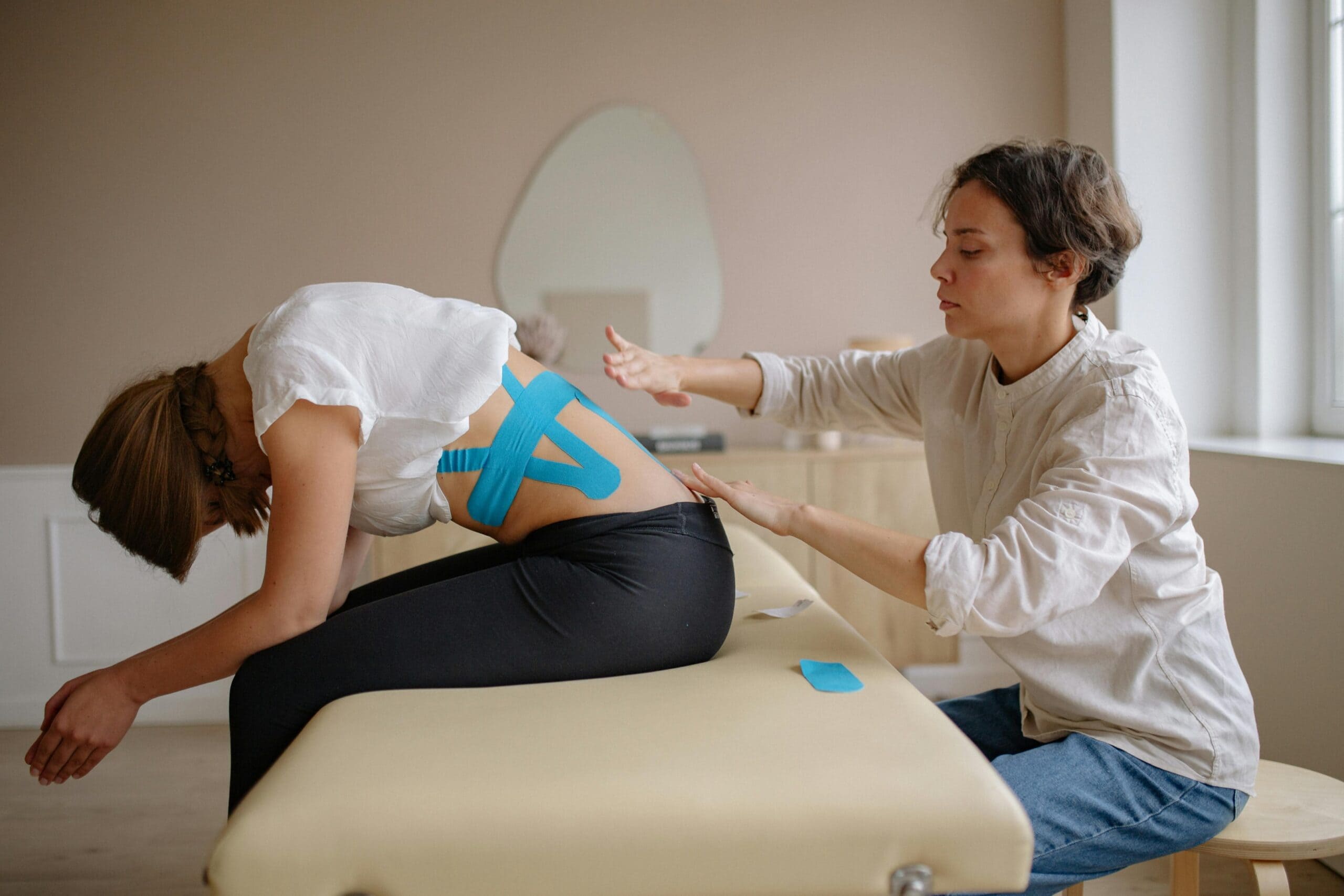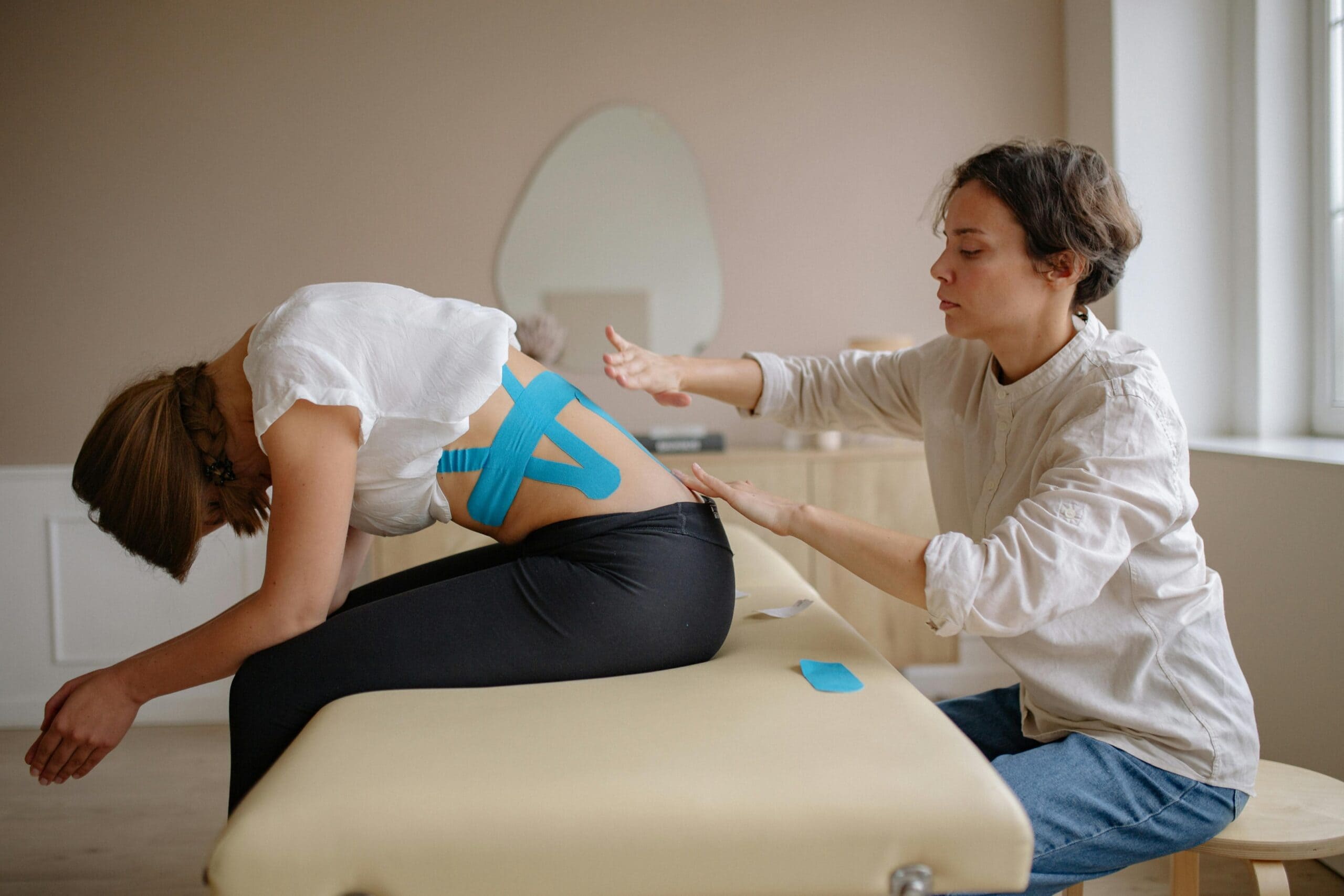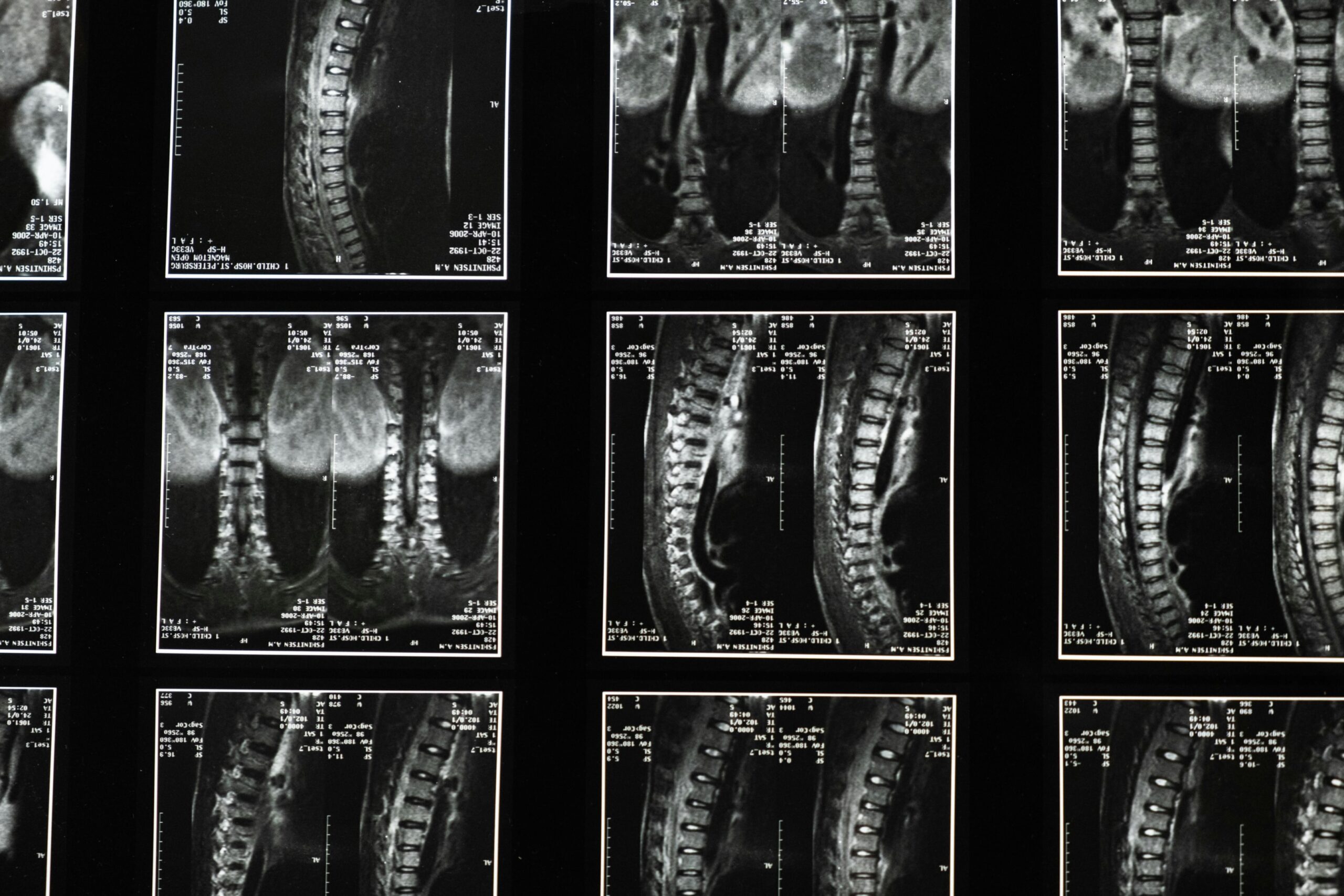
A spinal cord injury doesn’t just interrupt your health; it can interrupt your entire life. Whether the injury occurred during a car accident, a fall at work, or another tragic event, the aftermath often leaves victims handling more than just medical treatments. The loss of independence, reduced upper body control, and severe disruptions in employment make spinal cord injuries some of the most devastating personal injury cases.
For individuals pursuing a spinal cord injury claim, hiring a vocational expert can make a crucial difference. These professionals don’t just offer opinions, they provide testimony, assess job markets, and create detailed vocational evaluations that speak directly to how the injury affects the injured worker’s ability to earn a living. Understanding when to bring a vocational expert into your spinal cord injury case can shape the outcome of your compensation and support your recovery journey.
Let’s break down exactly when and why a vocational expert becomes essential.
Understanding Vocational Experts and Their Role
A vocational expert is a specially trained professional who evaluates how an injury affects a person’s ability to perform work in the job market. They assess employment potential, earning capacity, education, and work history to determine realistic future employment options.
In spinal cord injury cases, this role becomes even more vital. Many spinal cord injuries cause permanent impairments or lifelong severe disability, limiting the range of specific jobs a person can hold. If you were working before the accident in a particular job or industry, a vocational expert assesses whether you can return to it or transition to a new occupation.
Their evaluation considers:
- The technical aspects of your past employment
- The severity of your injury and medical records
- Rehabilitation services you may need
- The local job market and availability of employment
The vocational expert compiles this data into a vocational report, a critical element in supporting your spinal cord injury claim.
When Is It Time to Hire a Vocational Expert?
You should consider hiring a vocational expert when your injury significantly impacts your ability to work, especially in personal injury cases involving:
- Catastrophic or lifelong injuries (such as paralysis, permanent loss of mobility, or chronic neurological damage)
- Brain injury alongside spinal cord trauma
- A workers’ compensation claim involving disputes with the employer’s insurance company
- Transitioning to a lower-paying position due to physical limitations
Vocational experts become essential when:
- You need to prove a diminished earning capacity
- The insurance company disputes your need for compensation
- Your injury prevents you from returning to your previous job or particular industry
For example, if an injured worker was employed in construction before the accident occurred and now lacks upper body control, a vocational evaluation can determine if transitioning to an administrative role is viable or realistic.
What a Vocational Expert Assesses in a Spinal Cord Injury Claim
A vocational expert dives deep into several factors, tailoring their analysis to your case.
These include:
- Work history: Positions held, duties performed, and skill levels
- Education and training: What qualifies you for certain jobs
- Physical limitations: How the injury affects stamina, movement, and control
- Medical treatments: Various medical treatments impact your recovery timeline
- Vocational rehabilitation needs: Retraining or new skill acquisition
- Local job market: The availability and accessibility of jobs in your area
Through a vocational interview, the expert collects data on how your injury affects everyday job functions. They then assess whether you can continue in your role, pivot into a new field, or if your employment options are severely limited.
The result is a vocational report that strengthens your personal injury lawsuit by documenting how your injury translates into real-world financial impact.
How Vocational Experts Help in Workers’ Compensation Claims
In a workers’ compensation claim, your employer’s insurance company may argue that you can return to work or that your injury isn’t severe enough to affect your employment long-term. That’s where a vocational expert helps level the playing field.
They provide testimony, supported by vocational evaluations, to show:
- You can no longer perform your previous job
- You qualify only for lower-paying or less specific jobs
- Your current physical and cognitive limitations prevent reentry into the workforce
For example, if your injury limits mobility and you worked in a warehouse, a vocational expert will show that such jobs are no longer viable. Instead of leaving you at the mercy of assumptions, they offer expert opinion grounded in evidence.
This process begins by collecting medical records, conducting a vocational interview, and analyzing the job market. Then they offer expert insight into the compensation you may be entitled to, ensuring your legal team has a strong footing.
Expert Witnesses and Legal Support: Strengthening Your Case
Vocational experts often work alongside other expert witnesses, such as medical experts or a life care planner. Together, they paint a full picture of your condition, long-term needs, and loss of future income.
Your personal injury lawyer may also collaborate with a vocational expert to:
- Strengthen arguments against the insurance company
- Present a comprehensive picture of how the injury affects your earning capacity
- Include future life care costs and rehabilitation services
These elements are critical in serious injury claims involving spinal cord injuries, where the outcomes affect not only your job but your entire future.
When properly coordinated by an experienced spinal cord injury attorney, this team becomes the foundation of your case. A well-documented vocational report can counter claims that you’re exaggerating your injury or are able to work when you are not.
Legal Protections and Your Right to Compensation
Federal and state laws protect injured workers and accident victims pursuing personal injury claims. Under the Americans with Disabilities Act (ADA), employers must provide reasonable accommodations and cannot discriminate based on disability.
In workers’ compensation cases, state laws require that employers provide compensation and benefits for lost wages, medical bills, and long-term care. These laws vary by state, but your workers’ compensation lawyer or personal injury attorney can help you understand what applies in your situation.
Hiring a vocational expert ensures you have the data and expert testimony needed to exercise these rights fully. By translating your medical and employment challenges into documented evidence, you help the law work in your favor.
Advocating for Your Future with the Right Support
A spinal cord injury can turn every aspect of life upside down, from your ability to work to how you move, and how you plan for the future. When that injury affects your livelihood, hiring a vocational expert isn’t just helpful, it’s often necessary.
These specialists bring clarity, structure, and expert analysis to support your spinal cord injury claim. Whether you’re facing resistance from an insurance company, handling a workers’ compensation claim, or filing a personal injury lawsuit, vocational experts can provide testimony that secures the compensation you deserve.
At Bourassa Law Group, our legal team knows how to integrate vocational experts, life care planners, and medical experts to build powerful, compassionate arguments for our clients’ cases. Contact us today for a free consultation.





